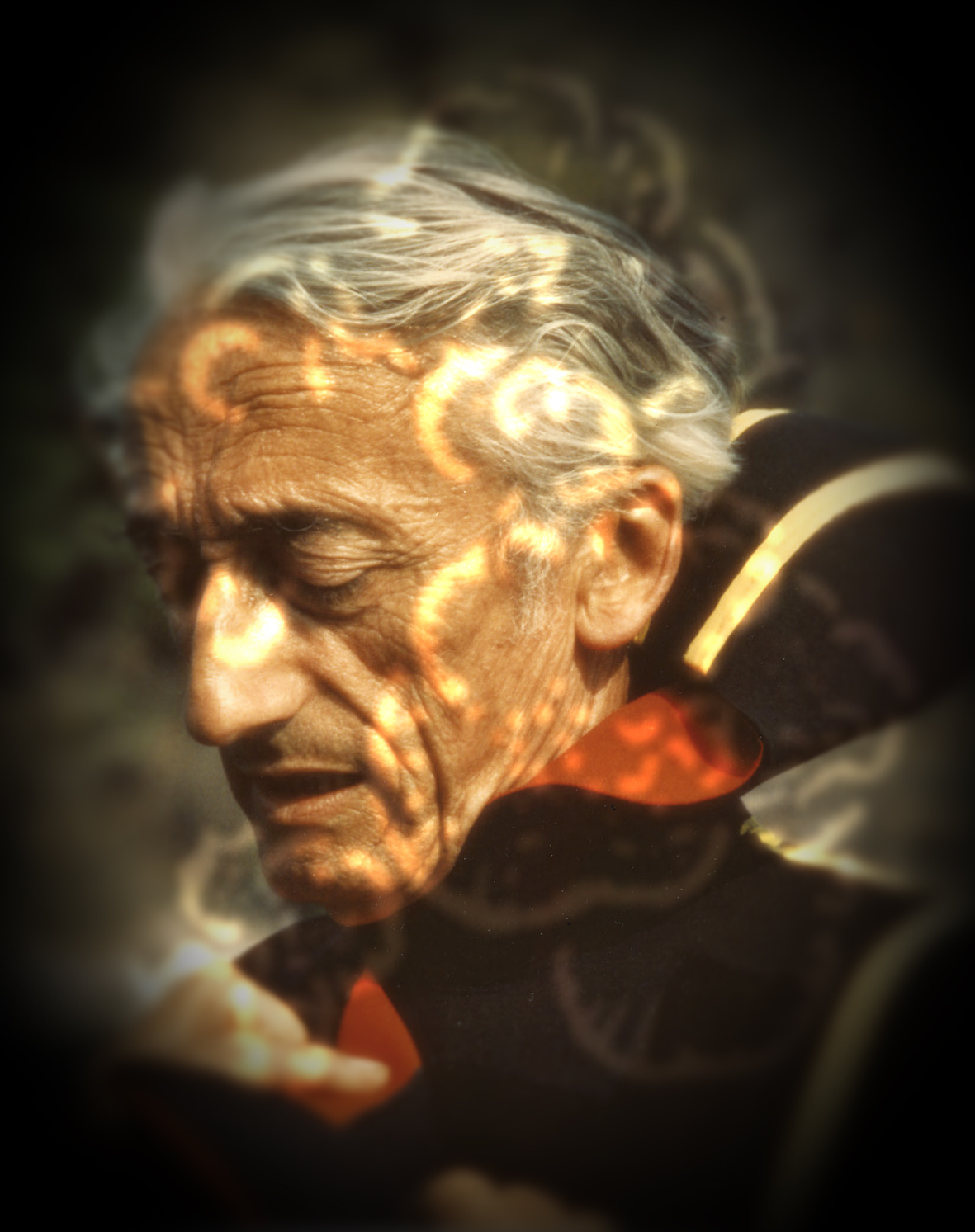Jacques Cousteau on.. personal risk
___________________________________________________
[excerpt from a memoir by Jacques Cousteau The Human, the Orchid, and
the
Octopus]
When I was only twenty-six, I chose to take a risk that, if it worked
out, could win me the opportunity to live life fully, not merely to
survive impaired.
At the time, I was pursuing a lifelong dream: training to become a pilot
for the French Navy. One evening on leave, as I sped along twisting
rural roads to meet my fiance in the village of Champagnat, my car
flipped. As it somersaulted, the automobile smashed my body against the
ground, then hurled me twenty-five feet into a field. I regained
half-consciousness pinned to the earth, skewered at the left arm on the
slender trunk of a sprouting tree. I tore the branch off at the ground
and dragged myself to a nearby house. The farmer there, startled by my
cries for help, found me lying in front of his gate. He called a doctor,
who, in turn, rushed me to a hospital in the nearby town of Bourganeuf.
I had broken twelve bones. Four splintered ribs had punctured my lungs.
Both arms were mangled. The right hung uselessly off my shoulder; I'd
crushed its radial nerve. Doctors couldn't say if the nerve would heal
or if I'd ever be able to use my right arm again. The tree had shattered
my left arm, leaving me with four elbows, not to mention jagged bone
ends poking through an open wound. Surgeons operated immediately,
drilling in pins to hold the fractured bones together. Two days later,
the pinned-together left arm showed alarming signs of infection, a
legacy of the dirty branch. My doctor wanted to act right away; if
gangrene developed, it would kill me too swiftly for him to intervene.
He presented me with what he regarded as a foregone risk-benefit
decision: Amputate the arm, or die. I saw only two risks, no benefits.
To me, amputating the arm didn't seem like much of a vote for life. My
dream of becoming a pilot had already begun to slip away when I had
heard the uncertain prognosis for my immobile right arm. Amputating the
left would extinguish my chance altogether. Life with one arm paralyzed
and the other arm gone-life with no hope of achieving my goal-was not a
life I could accept submissively. The fear of death did not nag at me;
the fear of letting my chances slip away did. I saw a third option. To
the possibilities the doctor envisioned, that I amputate the arm or
develop gangrene and die, I added the slim chance that I might not nag
at me; the fear of letting my chances slip away did. I saw a third
option. To the possibilities the doctor envisioned, that I amputate the
arm or develop gangrene and die, I added the slim chance that I might
not develop gangrene-and live. Waiting to see if the infection would
heal posed the greatest risk, but it also offered the greatest benefit,
my only chance to fight for the future I wanted. I couldn't forfeit. I
refused the amputation. For the next three days, my heart pounded in
apprehension each time the doctor checked my infection. For the next ten
years I exercised my arms. I regained full use of both. I was lucky. But
I provided my own opportunity for luck. I didn't want fear to prevent me
from taking a risk that could give me a more meaningful life.

